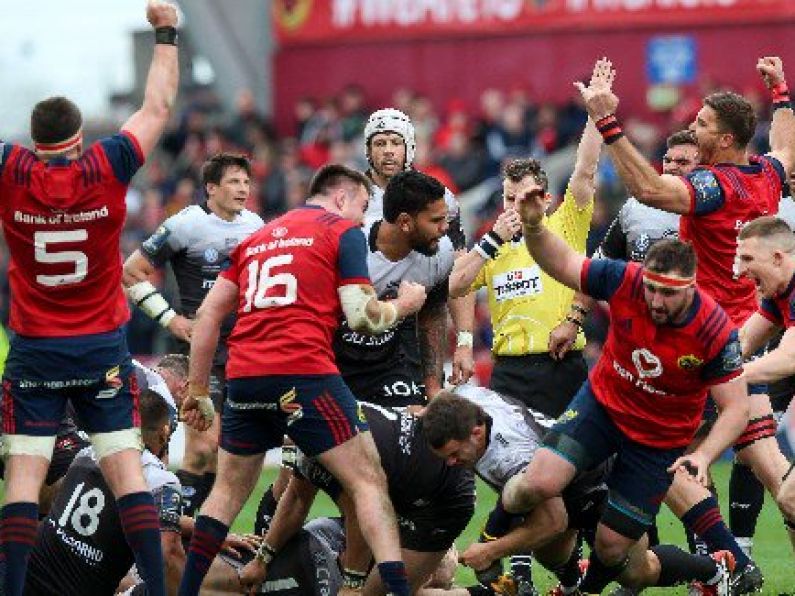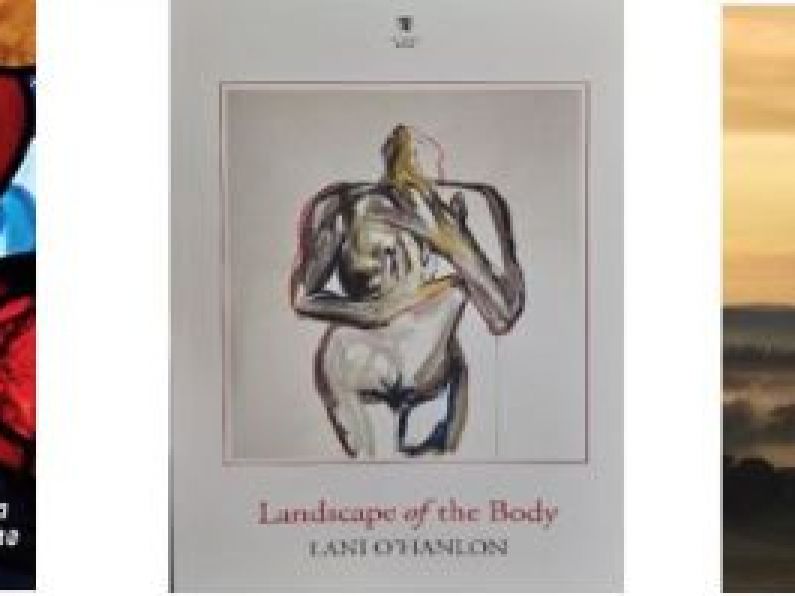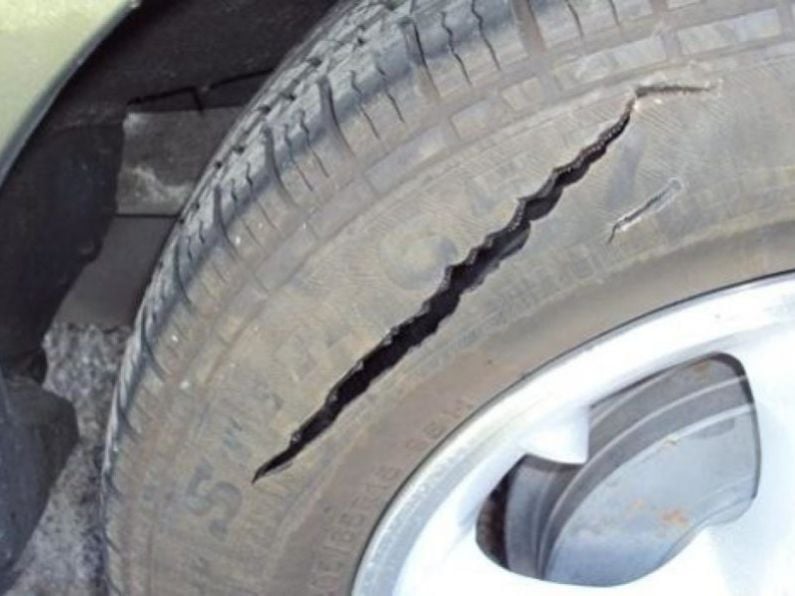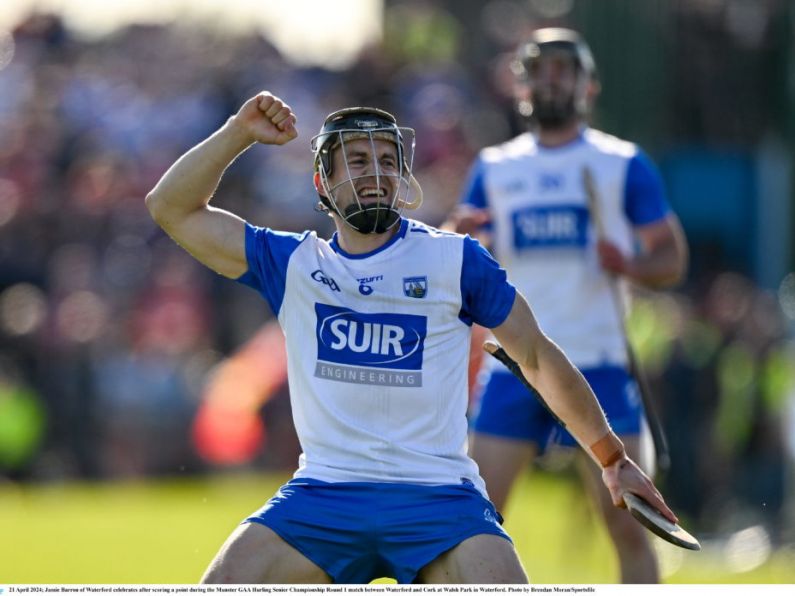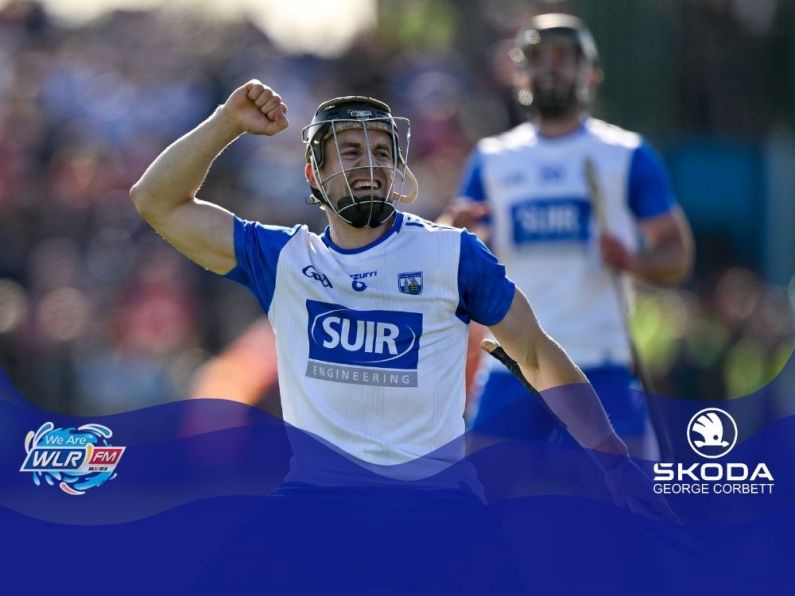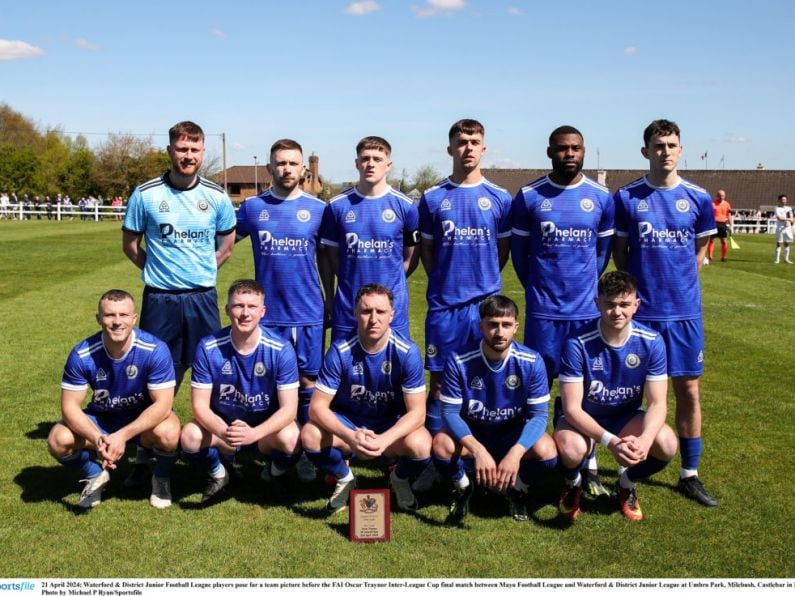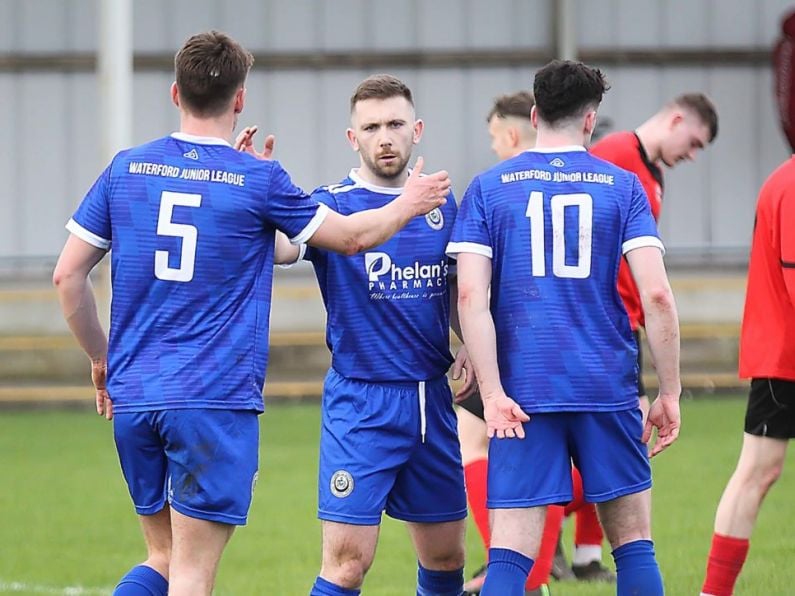The IRFU is set to pocket a very welcome seven-figure sum as a result of Munster’s and Leinster’s Champions Cup quarter-final successes over the weekend with the eventual figure possibly stretching as high as €2m.
The prize fund for the latter stages of the Champions Cup doesn’t exactly equate to a pot of gold but the defeats of Toulon in Thomond Park and Saracens in the Aviva Stadium still mean that the Irish union will receive two cheques worth €300,000 in the post from organisers EPCR.
Winning the tournament outright would bring with it another reward of €600,000 to the IRFU while a losing finalist would deliver the consolation €400,000, so another €1m would be secured with an all-Ireland final in Bilbao next month.
And confirmation of ‘home country’ advantage for Leinster against Scarlets in the last four later this month will only add to any purse.
EPCR will rent out the Aviva Stadium for the fixture and, while such fees are kept confidential due to commercial sensitivities, the reality is that the amount involved adds up to a not insignificant six-figure sum for a venue co-owned by the IRFU and FAI.
The choice of the Aviva hasn’t gone down well in the Valleys.
Social media in the Principality has been abuzz with claims of unfairness given the fact that Leinster meet Scarlets in a ground that is just one kilometre down the road from their RDS base and one which they already use a handful of times per season.
‘Home country’ advantage has been used since the 1999 Heineken Cup – teams had actual home ground advantage for the first three seasons – when Colomiers met Perpignan at Le Stadium in Toulouse and Ulster overcame Stade Francais at the old Lansdowne Road.
There have been numerous examples of clubs playing semi-finals in their own city since then, among them the last four meeting of Cardiff and Leicester Tigers in 2009 at a Millennium Stadium site which sits less than the kick of a ball away from the Blues’ own Arms Park base.
Cardiff lost that day, on a penalty shooutout. In all, the away team has won on half of the 12 semi-final occasions when the other club was playing in their own home town/city. That includes Leinster who lost to Perpignan at Lansdowne Road 15 years ago.
Both Munster and Leinster have played European Cup semi-finals in the home city of an opponent, the former losing to Toulouse by a point in Le Stadium in 2003 and the latter by a good deal more to the same opposition and at the same ground seven years later.
Semi-final venues are decided by EPRC in conjunction with the home union or league. A stipulation that grounds cater for a minimum capacity of 25,000 that was in place in Heineken Cup days no longer applies although stadia size is still taken into account on a needs-must basis.
Home country advantage certainly helps, regardless of how near or far the venue’s location is, though it isn’t decisive. Sevens sides have won semi-finals away from home in the past ten years. That’s a more than decent return of 35%.
As for Munster and Leinster, their histories show just how difficult it is to overcome the penultimate hurdle with the former losing nine of 12 appearances and the latter three from nine for a combined success rate of just 28.5%.
And if any side should approach an away semi-final in Ireland in confidence it is Scarlets who saw off Leinster in the last four at the RDS in the Guinness PRO12 last season before returning just eight days later to account for Munster in the decider at the Aviva.
Leigh Halfpenny, who has won a Champions Cup medal with Toulon in 2015, referenced those very victories on Friday night after his Scarlets side accounted for La Rochelle in the first of this year’s quarter-finals, at Parc Y Scarlets.
“You look at last season in the play-offs, the boys went away to Dublin, against Leinster and obviously then in the final against Munster and were outstanding. We showed we could go away to those big clubs and win and that’s the belief we have to have in the semi-final.”
By Brendan O’Brien - Irish Examiner

